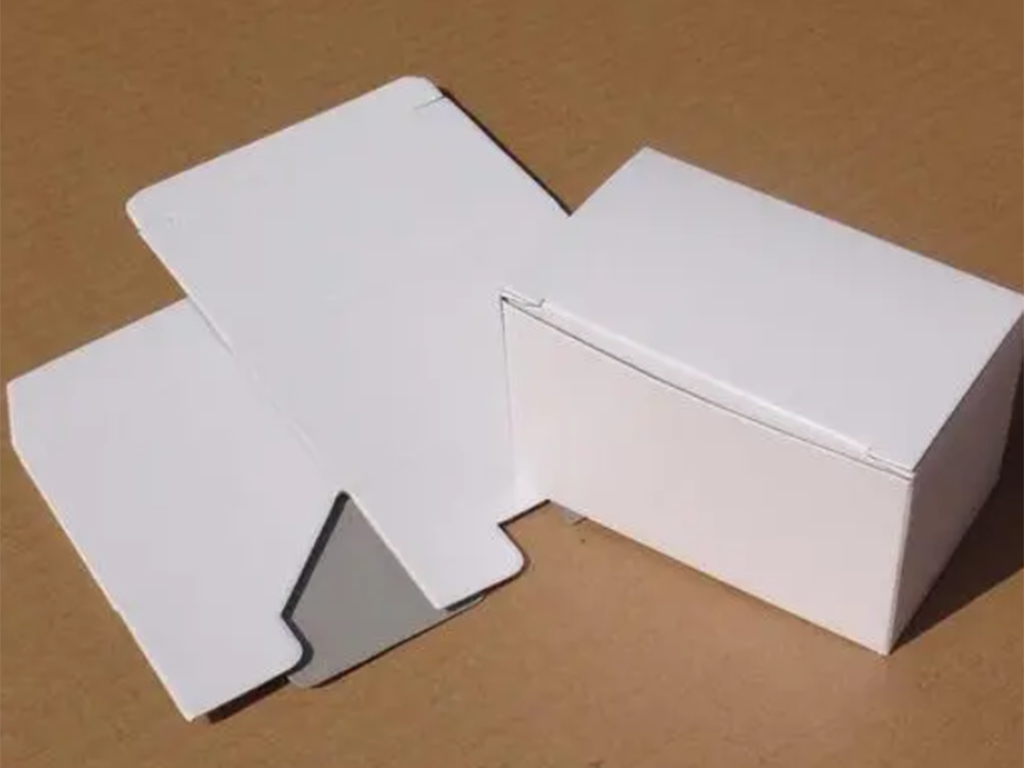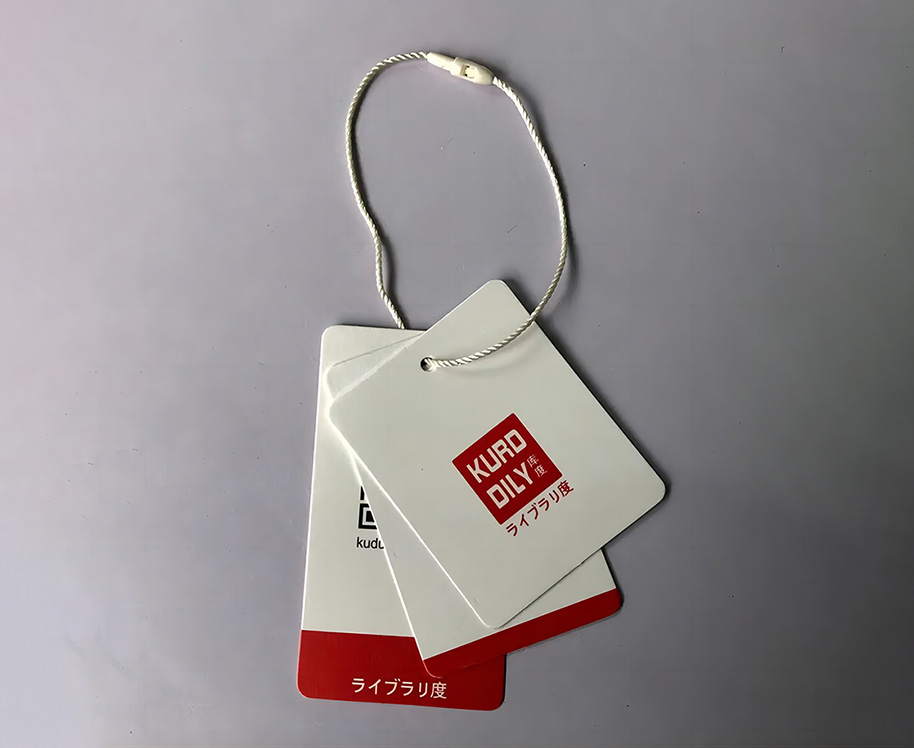We independently review everything we recommend. When you buy through our links, we may earn a commission. Learn more›
This article has been updated to include the latest Wirecutter-pick toilet papers. Roll Parent Tissue Paper

At the start of the COVID-19 pandemic, which is simultaneously two seconds and a hundred years ago, toilet paper was a hot commodity: You could barely find it in stock, and when you did, you bought what you could, even if it was the industrial, single-ply kind that practically disintegrated while still on the roll. Now that the panic has subsided and store shelves are once again bursting with velvety-soft ribbons made of clouds and babies’ bottoms, shoppers are falling into three camps: those who grab whatever seems reasonably priced, those who buy their favorite brand (regardless of cost), and those who obsessively attempt to cut through the marketing tactics of ply, sheets per roll, and rolls per pack to discern what’s an actual deal.
Toilet paper manufacturers often use confusing terms to describe the strength and efficacy of their products. Descriptors like “jumbo,” “super,” and “mega” are hard to quantify; some companies claim that one roll of their toilet paper is now the equivalent of four, or that their toilet paper is stronger or capable of cleaning better than the competition.
The mental whiplash resulting from such wording particularly irked Victor Ly, a social worker from San Francisco and a hobbyist deal hunter who goes by TofuVic online. He started a spreadsheet to break down the price per sheet, and the project ballooned into the Toilet Paper Value Calculator, which allows you to input the number of rolls per package, the number of sheets per roll, and the price before it spits out a value rating.
“With a price point for reference, you can easily figure out if a sale is actually a good deal, so you can save time while shopping both in-store and online,” Ly says.
Even Kevin Purdy, who spent hours researching and writing Wirecutter’s first iteration of our guide to toilet paper, can’t make sense of the way toilet paper is marketed. “I generally don’t trust ‘mega ultra super’ rolls,” Kevin says. “It seems like we’re being charged more for the same products.”
We reached out to three of the largest toilet paper manufacturers for more insight on their toilet paper strategy and marketing language; Kimberly-Clark declined to comment, and Procter & Gamble hasn’t responded to our emails at this writing. Georgia-Pacific vice president of consumer knowledge and analytics Rafael Garcia told us that “roll size descriptor factors like Double, Triple, [and] Mega are based on the number of sheets,” so ply and absorbency aren’t a factor, while descriptors like “ultra” can sometimes point to “a higher level of performance” but other times refer to softness, strength, or absorbency.
Unfortunately, the only way to make any sense of it all is to do the math—to multiply the number of rolls in the package by the sheets per roll to get the total number of sheets, and then divide the price by that number before multiplying by 100 to get a per-sheet result in fractions of a cent. (You can usually find the number of sheets per roll on the lower-left or lower-right corner of a toilet paper package, usually in a sterile, all-caps typeface.)
Ly has been keeping tabs on the prices of household products for the better part of a decade to make quick comparisons. He shared his findings with other deal hunters on Slickdeals but soon realized that even folks in the online deals communities had a hard time determining value for price when it came to many everyday consumables—especially those with marketing-driven size claims. His spreadsheet put all of that info into one easy-to-digest place.
Albert Wiersch, a Slickdeals member and Denton, Texas–based software developer who goes by TidalWaveOne, reached out to Ly, asking to use his spreadsheet for the basis of a toilet paper calculator. Ly agreed, and Wiersch used Ly’s research to create the Toilet Paper Value Calculator.
“The idea of the calculator made a lot of sense given that calculating cost per sheet was a relatively simple calculation to make,” says Wiersch. And relying on Ly’s data was a no-brainer: “TofuVic is the respected toilet paper expert on Slickdeals, so I used his calculated price as a comparison point.”
This online tabulator uses the number of rolls and the sheets per roll to tell you exactly how good (or awful) a discount is, taking the guesswork out of scoring maximum savings. It doesn’t, however, take into consideration sheet size. Because there is no industry standard, sheet sizes vary from brand to brand. Some brands, such as Quilted Northern, make square 4-by-4-inch sheets, while others, like Kirkland Signature, go with 4½ by 4 inches. Neither Ly nor Wiersch considers the width of sheets to be a significant factor, given how similar in size they are, though Ly says that if brands begin making narrower toilet paper, he’ll revisit his calculations.
Likewise, Ly’s research doesn’t account for the difference between two-ply and three-ply toilet paper—he considers the two to be fairly interchangeable—but he does exclude one-ply toilet papers from his data set since most people don’t enjoy using it regardless of its price. According to Garcia of Georgia-Pacific, ply also doesn’t factor into the company’s marketing language; what’s really reflected is the number of sheets on the roll.
The calculator Wiersch created is a user-friendly, straightforward way to determine the real value of any given toilet paper deal. Simply enter the number of rolls in the pack, the sheets-per-roll count, and the price. If you’d like, you can also input any coupons or rebates, but that info isn’t required for you to get a result.
After you submit your entry, the calculator spits out a deal grade, which offers a quick visual of how the price stacks up, as well as a detailed breakdown of the calculation. The grades range from A to F, with A being a standout deal and an F, predictably, being the worst you can do.
“After looking at hundreds of data points, I came to the conclusion that the deal price for quality toilet paper is 0.253¢ per sheet,” Ly says. He adds that, with price fluctuations and inflation, this inflection point may vary, but he has seen it hold steady for the past few years.
To receive a passing grade, the toilet paper in question has to cost less than 0.253¢ per sheet. To get an A, it must beat Costco’s Kirkland Signature toilet paper, which Ly has deduced to be the king of bath tissue deals. Kirkland Signature’s in-store pricing is $17 for a 30-roll pack with 425 sheets per roll, which boils down to an unbelievable 0.133¢ per sheet (Costco increases the price to $20 for online purchases).
Though the Toilet Paper Value Calculator is a great tool to confirm a bargain price, it’s just that—a tool. Toilet paper is a very personal thing, and a factor that makes one person’s ideal brand is another person’s dealbreaker. We at Wirecutter used softness, cleaning power, absorption, and prevention of lint or remnants as our testing criteria</a> for our toilet paper guide. But those factors have little to do with affordability. In contrast, the calculator’s A rating refers to affordability alone, so it’s best used only to determine whether your preferred brand—or a brand you’d like to try—is priced to sell.
You might expect someone who has spent as much time as Ly has studying toilet paper prices to prefer the most affordable bath tissue, but he has a confession: “I may be known as the ‘Toilet Paper King’ but I’m actually a traitor to toilet paper,” Ly admits. “I have a luxurious bidet at home, and it is truly a step up from even the highest-quality toilet paper.”
Recently, we tushy-tested 36 varieties of toilet paper over the course of ten months. Of all those rolls, only three truly impressed us. Read more in our guide to the best toilet papers.
Seventh Generation 100% Recycled toilet paper is a soft, strong, low-lint offering. And it’s economically as well as environmentally friendly.
One of the plushest of the toilet papers we tested, the strong, soft, low-lint Charmin Ultra Strong left all other traditional toilet papers … behind.
Amazon Presto! Ultra-Soft Toilet Paper is a tad lintier and almost imperceptibly rougher than our top picks. But our testers liked it best of all the lower-cost toilet papers we tested.
This article was edited by Annemarie Conte.
Elissa Sanci is a senior staff writer for Wirecutter’s discovery team based in Denver. Her byline has appeared in The New York Times, Woman’s Day, Marie Claire, and Good Housekeeping. When she’s not testing TikTok-famous products or writing about car garbage cans, you can find her hiking somewhere in the Rockies or lying on the couch with a bowl of chips balanced on her chest. There is no in-between.
Using terrible toilet paper is a bummer. We meticulously compared 36 types to find sustainable and traditional options that are tops for any bottom.
Your bathroom deserves to be the best room in your house—and with these under-$50 towels, tub trays, bidets, and more, you can make it happen on the cheap.
As of now, there’s very little peer-reviewed research suggesting that squatting is a superior way to poop, but our testers found toilet stools helpful.
Bidets baby your butt for a better bathroom experience.

Toilet Tissue Jumbo Wirecutter is the product recommendation service from The New York Times. Our journalists combine independent research with (occasionally) over-the-top testing so you can make quick and confident buying decisions. Whether it’s finding great products or discovering helpful advice, we’ll help you get it right (the first time).